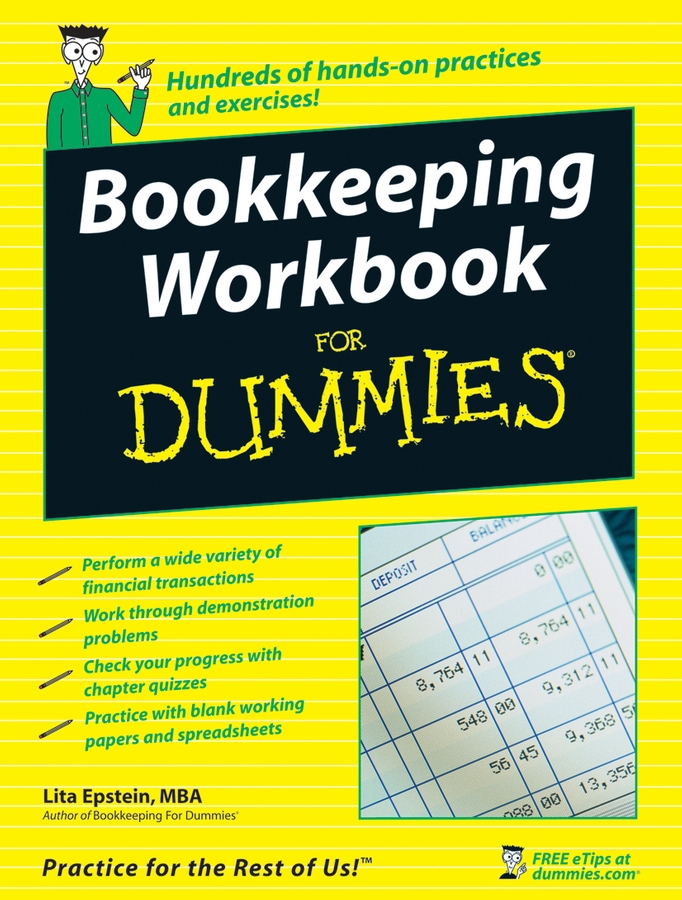
This person is responsible for creating and implementing a strategy for clinical audit, setting priorities for audit, and implementing an audit programme.ĭata for an audit are generally collected retrospectively. Most healthcare trusts should have a clinical audit lead. If these elements are not present, the audit is less likely to be a success. However, the two elements that have been shown to be most effective in conducting an audit, based on evidence from a review 7 and an opinion piece, 8 are: an environment where audit is made a priority by the trust board, so that it is encouraged and supported and the existence of a structured programme for audit, where a trust has a central clinical audit office that coordinates audit activity and brings together the results of audit for the trust as a whole.

#AUDITING FOR DUMMIES PDF HOW TO#
Good quality evidence on how to conduct an audit is lacking. If you are aware of the most frequent impediments to a successful audit, you can try to avoid them and make your audit a success rather than a failure. How can you conduct an audit so that it is a success rather than a failure? So we all need to try to overcome these barriers when we perform an audit. It may also allow you to contribute to constructing or refining a clinical protocol.īarriers to successful audit may have been a reason for the lack of effect of audit found in some of the trials included in the review mentioned above. Performing an audit may also help you in your own learning and understanding of the healthcare process in a particular field. 6Īudit is included in the foundation programme to allow you, as junior doctors, to gain an understanding of how to obtain, maintain, and improve the services you deliver now and in the future. An example of a success story is the national audit of stroke in the United Kingdom (excluding Scotland), which has improved quality of care for stroke patients across all three countries. Audit provides us with the best available tool to achieve this objective. So why do we persist in audit?Īs audit is part of clinical governance, to assess whether patients are receiving the best quality of care it is essential that we measure practice to know when we need to change it. It seems ironic that the tool used to measure whether we are doing the right thing in the right way-where audit criteria should be derived from the best evidence-is not itself supported by particularly strong evidence. However, the evidence presented in this review did not support mandatory use of audit and feedback as an intervention to change practice. The review concluded that the relative effectiveness of audit and feedback was likely to be greater when baseline adherence to recommended practice was low and when feedback was delivered more intensively. When effective, the effects were mainly small to moderate.

5 However, in the trials included in the review, the effects varied widely, from an apparent negative to a very large positive effect. The most recent systematic review concluded that providing healthcare professionals with data about their performance in the form of audit and feedback may help improve their practice. The most frequently cited barrier to successful clinical audit is the failure of organisations to provide sufficient protected time for healthcare teams to participate. 3 For every success story there is a project that has run into the ground without showing any substantial contribution to quality of services. Audit and feedback has not consistently been found to be effective. There is conflicting evidence on whether audit works.


 0 kommentar(er)
0 kommentar(er)
